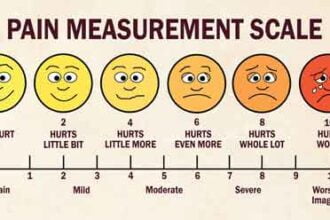
Patients connecting at a recent in-person forum
It has become abundantly clear that patients with cancer find great value in knowing they are not alone and having active dialogue with other patients. I know it helped me back in 1996 when I was diagnosed with chronic lymphocytic leukemia and continues to help me today. But I am in a great spot in communications and get to meet other patients all the time. Many others hardly know anyone else. That’s why we are stepping up our efforts to connect Patient Power audiences with each other, per condition. We are doing this in several ways:
1. We are producing more in-person town meetings and building in extra time during these Saturday or Sunday educational gatherings where patients and caregivers can meet in sub-groups. Coming up is one meeting in Barcelona, two meetings in Houston in November and two in Denver. Stay tuned for info.
2. We have just launched a new partnership with HealthUnlocked from London and their condition-specific communities where patient-to-patient and caregiver-to-caregiver discussions continue 24/7. You can find these today in our CLL Center and MPN Center. Coming soon will be similar activity in myeloma, and more centers after that.
3. We are also continuing our partnerships with others who have active communities including myelomacrowd.org, patientslikeme.com and others.
4. We are establishing more condition-specific pages on Facebook, for example our new one in myeloma and remain a regular active contributor and listener in social media.
5. The “Don’t Walk Alone™” mobile app is also in development to assist you with a just-in-time connection wherever you are in your cancer journey.
For me, it’s all about us talking to each other as members of an open community. There are no borders. Some people happen to be patients, some are caregivers, some are doctors and nurses and researchers, and some are at advocacy groups. We are all in it together. When we talk to each other actively, and with mutual respect, we can work harder and more efficiently towards cures and higher quality of lives in the meantime. Please “join the conversation” and also always let us know how we can do better!
And, one more thing, as we try to perfect what we do for you, we just launched a new survey to get your feedback. Please take a few minutes to let us know what you think. It helps us enormously to help you.





